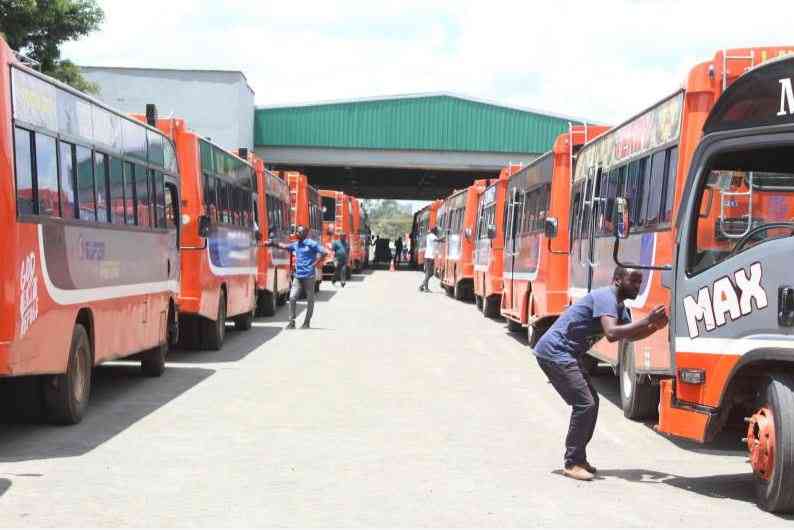The recent suspension of Super Metro Limited’s operating license by the National Transport and Safety Authority (NTSA) has brought to light significant concerns regarding labor law violations within Kenya’s Public Service Vehicle (PSV) sector. This action, effective from March 20, 2025, was prompted by multiple infractions, including expired vehicle inspection certificates, unqualified drivers, speed limiter violations, and non-compliance with labor laws.
Labor Law Violations and Their Implications
NTSA’s investigation revealed that Super Metro failed to adhere to Section 5(1)(e) of the Public Service Vehicle Regulations, 2014, which mandates compliance with labor laws. Specific violations included the absence of written employment contracts, failure to remit statutory deductions such as PAYE, NSSF, and NHIF, and neglecting workplace safety measures.
These breaches not only compromise the welfare of the drivers and conductors but also pose significant safety risks to passengers and other road users. Reports indicate that some Super Metro crew members were working excessively long hours, from as early as 3:00 AM to as late as midnight, which contravenes labor standards and increases the likelihood of fatigue-related accidents.
Commendation and Call to Action for NTSA
The Long-Distance Drivers and Conductors Association (LoDDCA) commends NTSA for its decisive action in suspending Super Metro’s license, thereby prioritizing the safety and welfare of both PSV workers and the general public. However, LoDDCA urges NTSA to extend its compliance audits to encompass all PSV and Heavy Commercial Vehicle (HCV) operators across the country. Such comprehensive oversight is essential to ensure industry-wide adherence to safety and labor regulations.
Proposed Solutions to Address Challenges in the PSV Sector
To mitigate the challenges highlighted by the Super Metro case, LoDDCA recommends the following measures:
- Enforcement of Labor Laws: Strict enforcement of existing labor laws to ensure all PSV operators provide written contracts, adhere to statutory deductions, and maintain safe working conditions for their employees.
- Regular Compliance Audits: NTSA should conduct periodic audits of all PSV and HCV operators to monitor compliance with safety and labor regulations.
- Driver Welfare Programs: Implementation of programs aimed at improving the welfare of drivers and conductors, including reasonable working hours, rest periods, and access to health services.
- Stakeholder Engagement: Collaboration between NTSA, PSV operators, labor unions, and civil society organizations to develop and implement policies that protect the rights and welfare of PSV workers.
By addressing these issues comprehensively, Kenya can enhance the safety and efficiency of its public transport system while safeguarding the rights and welfare of those who operate within it.



